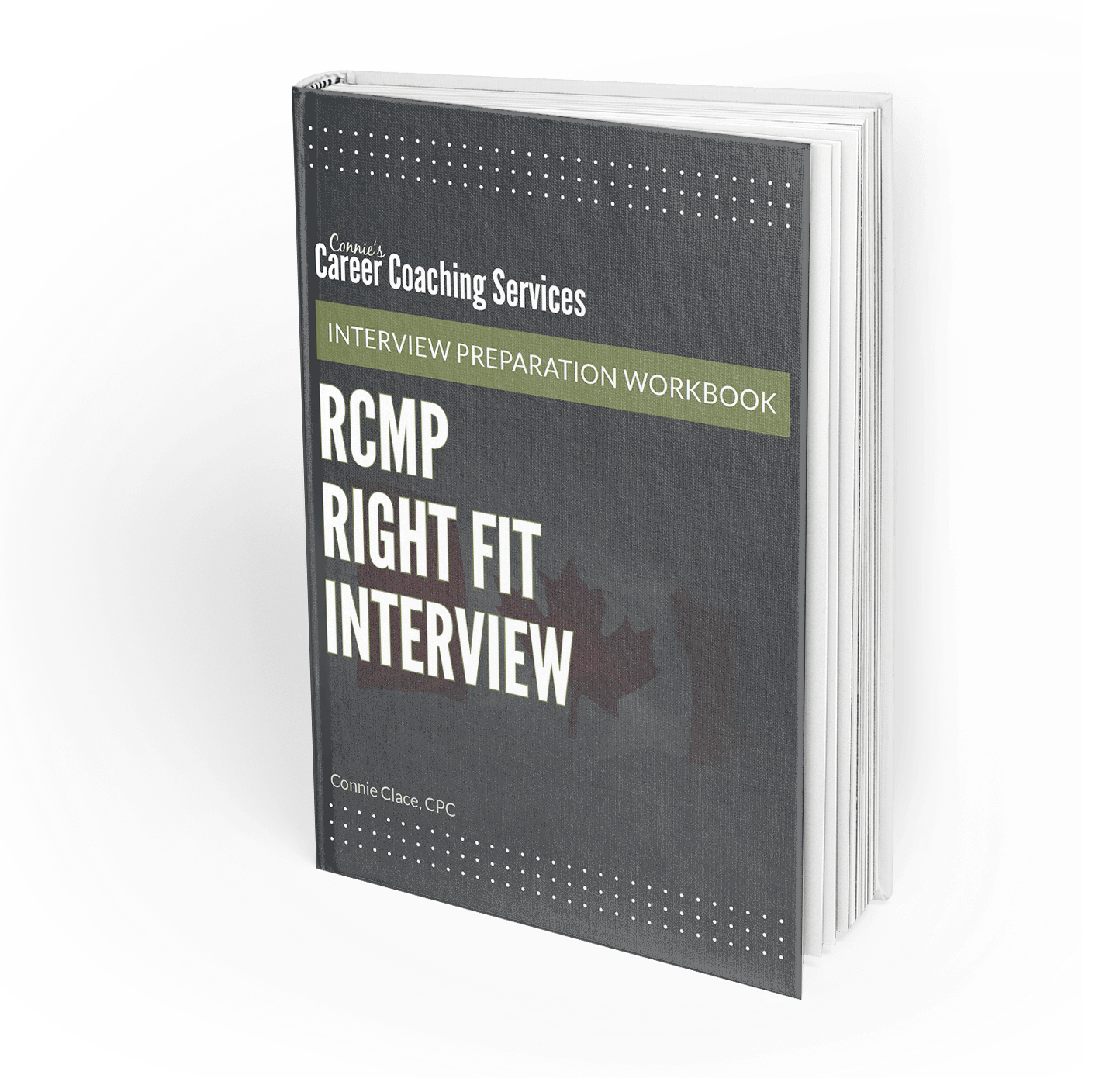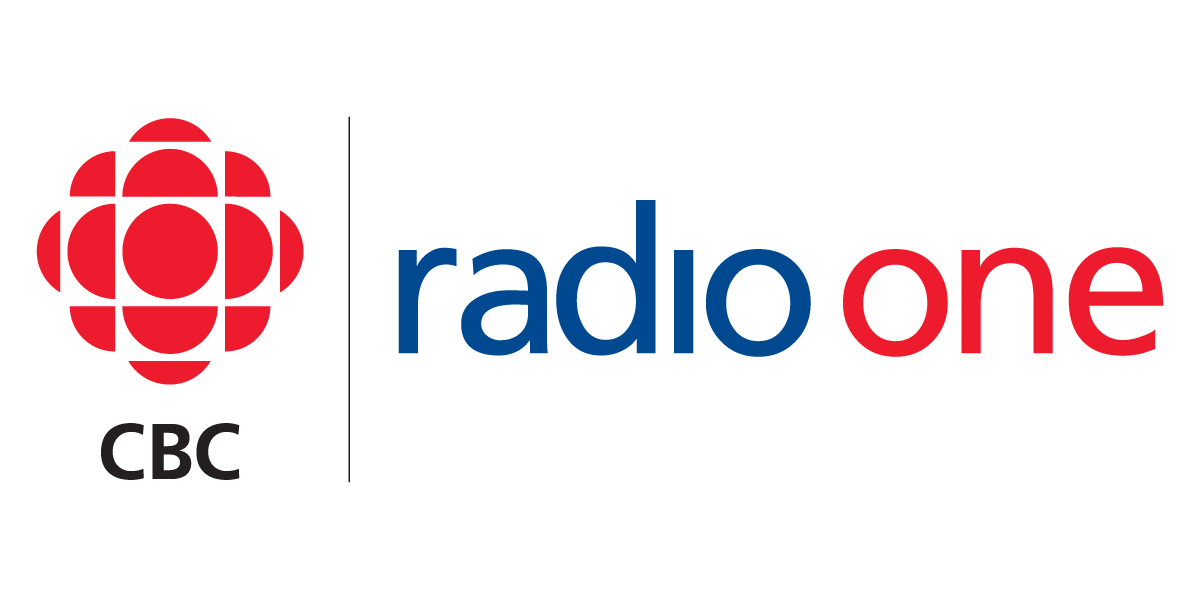Preparing for a conventional interview – how hard is it? What can you do to ensure you are ready for this type of interview? Is it harder or easier than preparing for a competency based behavioural interview? I have talked a lot in the past about behavioural based interviews, but what about the conventional interview? Let’s take a look at the differences between the two interviews.
Conventional Interviews
- These interviews are used to provide the interviewer with general information about who you are, what experiences you have and what skills you will bring.
- It’s an opportunity to provide a dialogue between you and the interviewer.
- The questions are very general in nature, and can cover a wide range of information from skills, education, volunteer work, hobbies, etc.
- This type of interview gives the interviewer information to determine if you are the “right fit” for both the position and for the organization.
- It also gives you the chance to ask questions of them to ensure you feel that it’s the right job for you.
Competency Based Behavioural Interviews
- These interviews ask questions that target specific competencies, or qualities, that the organization deems to be required to perform the duties of the position.
- Questions are designed to solicit stories from past experiences that will answer the question and speak to the competency that is being targeted.
- There is a belief that past behaviour is indicative of future behaviour, so your examples are used to determine if you meet the competency.
- Questions are very specific in nature, and are designed to assess each and every competency.
So, which is the easier interview type for which to prepare? Well, for a competency based interview, the competencies that will be assessed will be identified on the job advertisement and/or on the invitation to interview. Once you know what the competencies are, you can start looking at some of the experiences that you have had that target each of the competencies. For instance, if one of the competencies is Communication, then you can immediately start thinking of an example from your past where your communication skills made a difference to a situation. Once you have identified one or two, or even three, examples that target communication, then you can start practicing how to deliver them.
But with a conventional interview, there is no way to know what questions will be asked, so it may seem like you can’t prepare at all. But you can. There are a number of questions that are fairly common where you can start preparing your answer. For instance, do you know how you would answer “Tell me a bit about yourself” or what you would say is your greatest weakness or strength?
Do some research and find out what some of the other common questions are that you might be asked, and start preparing your answers. Interviews can be stressful and intimidating, and as I have said in previous posts, the best way you can approach them is by being prepared. If you need help getting ready, reach out to someone who is an experienced interviewer or interviewee, or engage the services of a Certified Professional Career Coach to help you get ready.
Do you know someone who is faced with this challenge? Feel free to share this post by using the share links at the top of this page. Also, if you’d like more interview tips, feel free to check out the interview resource page.


Leave a Reply